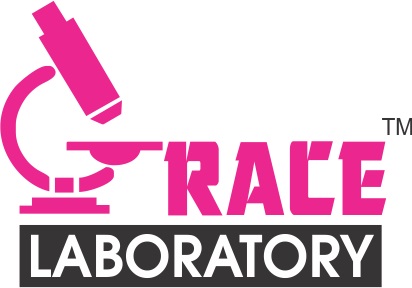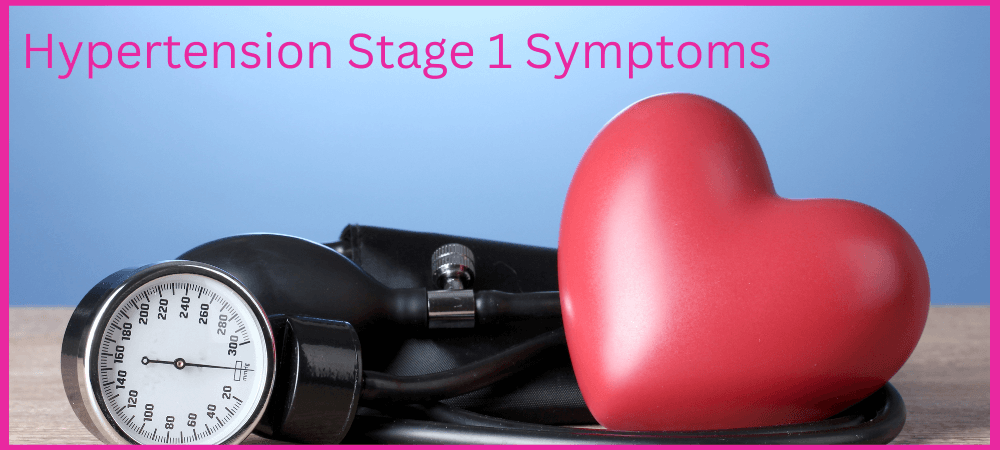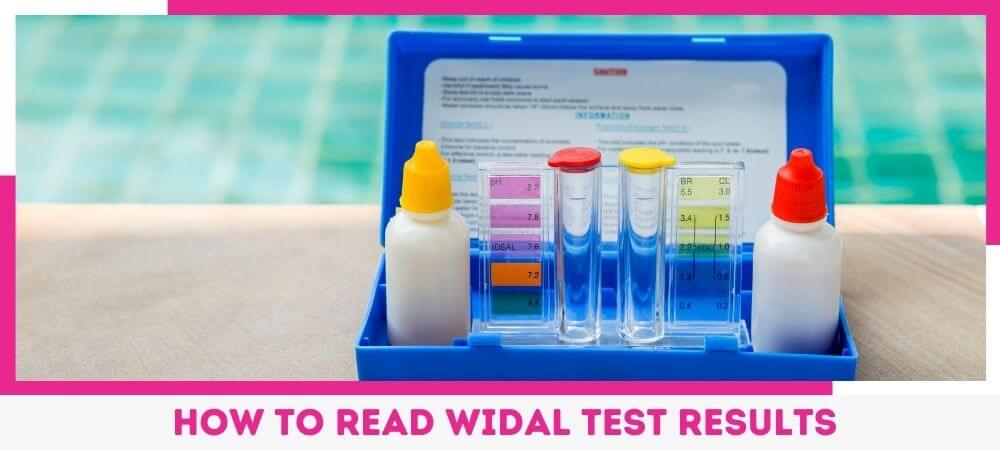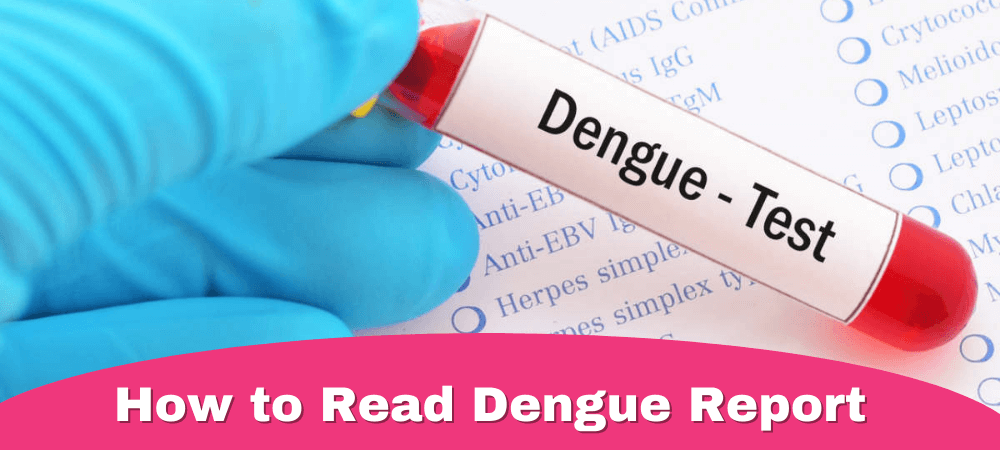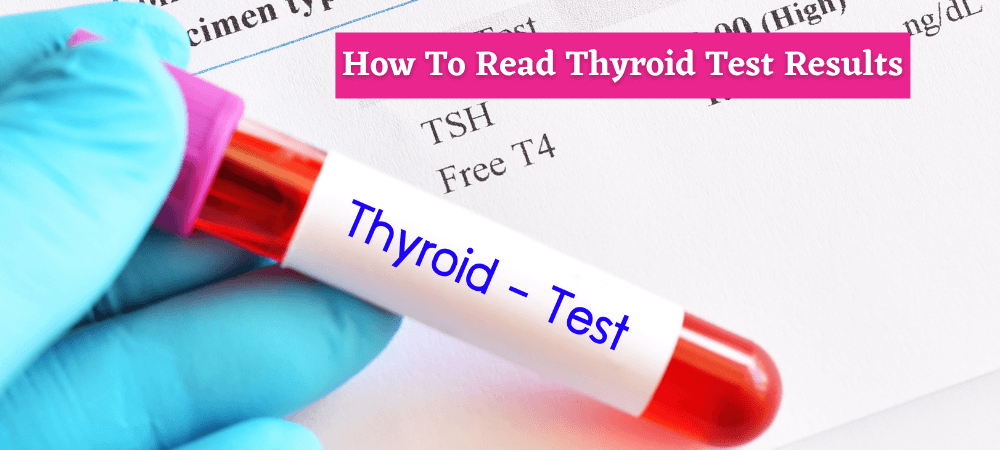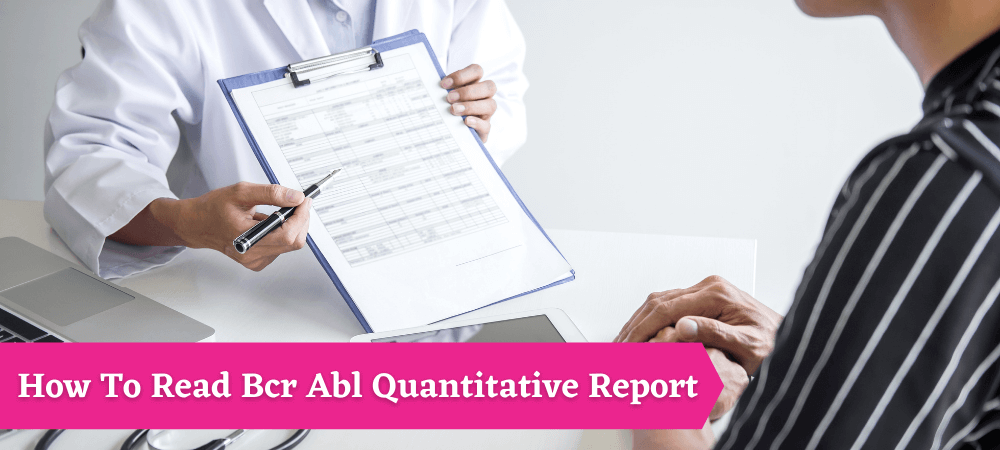Our blood pressure measurements consider the amount of blood passing through our blood vessels and the amount of resistance the blood face when the heart is pumping.
When the force of blood pushing through the vessels is consistently too high, hypertension occurs. This article discusses hypertension, its stages, risk factors, and preventive measures. Keep reading to learn about hypertension.
What is stage 1 Hypertension?
Stage 1 hypertension is a warning sign that you will likely get high blood pressure. The range of systolic reading is 130 mmHG – 139 mmHg, and the diastolic range is 80mmHG to 89 mmHg.
High blood pressure means having a risk of heart attack, stroke, coronary heart disease, heart failure, and kidney failure. No cure exists for high blood pressure, but there is a treatment in the form of diet, lifestyle habits, and medications.
 Different Hypertension Stages & types
Different Hypertension Stages & types
There are four hypertension stages:
- Normal: It is considered normal when systolic is less than 120 mmHg and diastolic is more than 80 mmHg.
- Elevated (At risk): When systolic reading is between 120-129 mmHg, and diastolic is less than 80 mmHg.
- Stage 1: Systolic between 130-139 mmHG or diastolic between 80-89 mmHg
- Stage 2: Systolic at least 140 mmHg or diastolic at least 90 mmHg.
A diagnosis of hypertension means that you need treatment to bring your blood pressure under control.
Two types of high blood pressure:
1.) Primary high blood pressure: causes are aging and unhealthy habits such as not exercising.
2.) Secondary high blood pressure: causes of this type can be medical problems or medication you are taking.
Symptoms of Hypertension stage 1
No symptoms are usually found in people with high blood pressure, even though sometimes the reading reaches dangerously high levels.
People with high blood pressure may show the following symptoms:
- Headaches
- Nosebleeds
- Shortness of breath
However, the symptoms mentioned above are not specific. These symptoms usually do not appear unless blood pressure has reached a severe stage.
You are more likely to have high blood pressure if you:
- Are overweight
- Are older than 55
- Have family members who have diabetes or cardiovascular diseases, or high blood pressure
- Take foods high in sodium (Salt)
- Smoke or drink heavily
What happens when high blood pressure is not treated?
Untreated hypertension can lead to life-threatening issues:
- Stroke or Heart attack
- Kidney failure
- Complications during pregnancy
- Eye damage
- Vascular dementia
Prevention of hypertension
 You can do the following things to reduce the risk of high blood pressure.
You can do the following things to reduce the risk of high blood pressure.
1) Follow a healthy diet.
A healthy diet helps keep your blood pressure normal. Include fruits, vegetables, and grains in your diet that are low in sodium.
2) Keep a healthy weight.
Being overweight can increase the risk of high blood pressure; therefore, exercising and reducing weight can help your blood pressure to be healthier.
3) Cut down salt
One should not intake sodium of more than 1,500 milligrams per day (equal to one teaspoon). If you keep your salt consumption below this level, it can help prevent hypertension.
4) Keep your body active.
Keep your body active, as even simple activities like walking can lower your blood pressure, as walking also reduces your weight.
5) Drink alcohol in moderation
Consumption of more than one drink per day in the case of women and more than two drinks per day for men can elevate blood pressure.
Bottom line
Hypertension usually does not have identifiable symptoms, nor is the cause of most hypertension cases known. It can be inherited or due to diet or unhealthy lifestyle.
Therefore, you should monitor your blood pressure regularly and follow preventive measures if you have risk factors like being overweight or heart conditioner diabetes.
Remember, a few lifestyle changes can lower the risk of having high blood pressure and help avoid hypertension medications and complications.
Keep following Grace Laboratory to stay updated with healthy tips.
